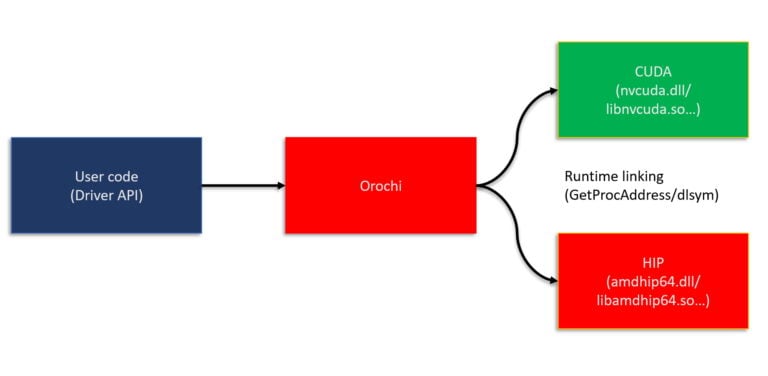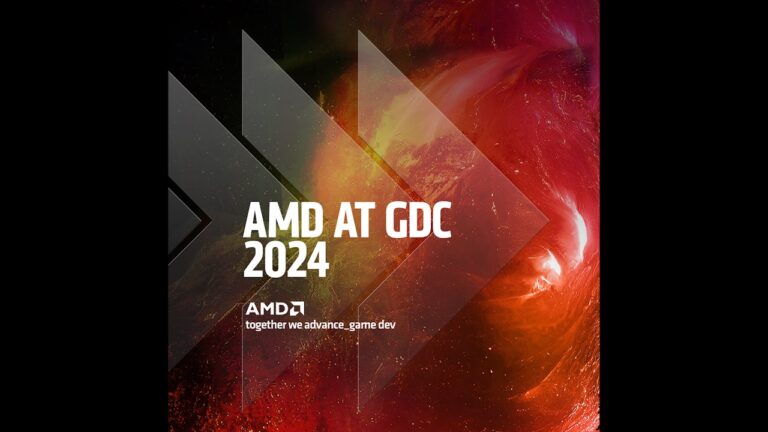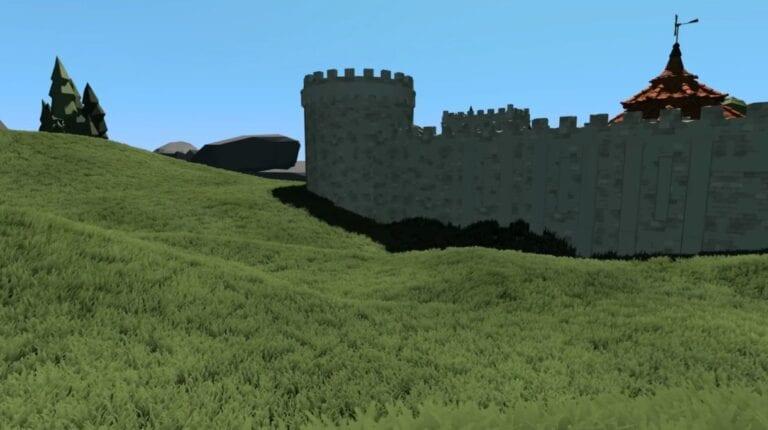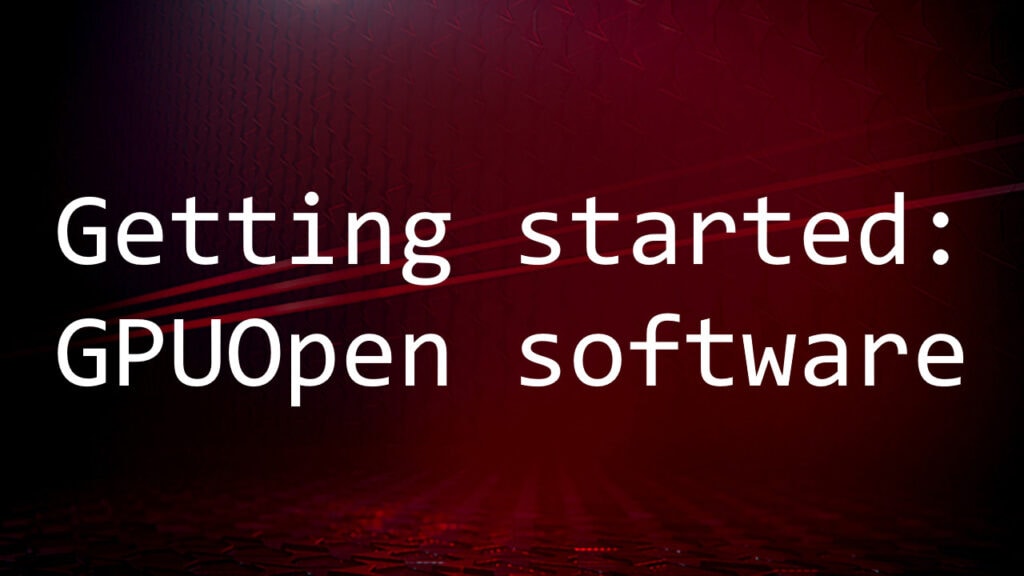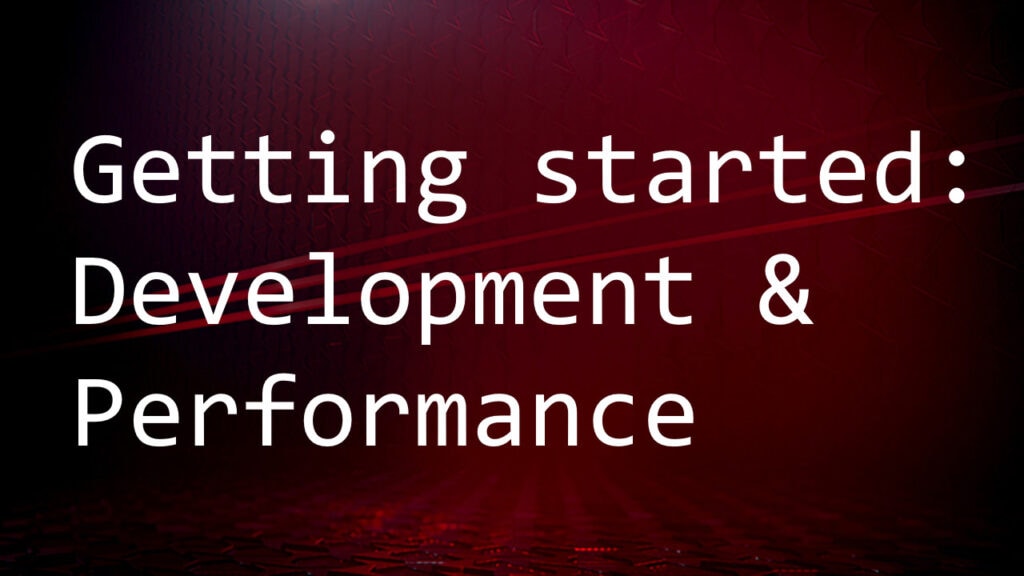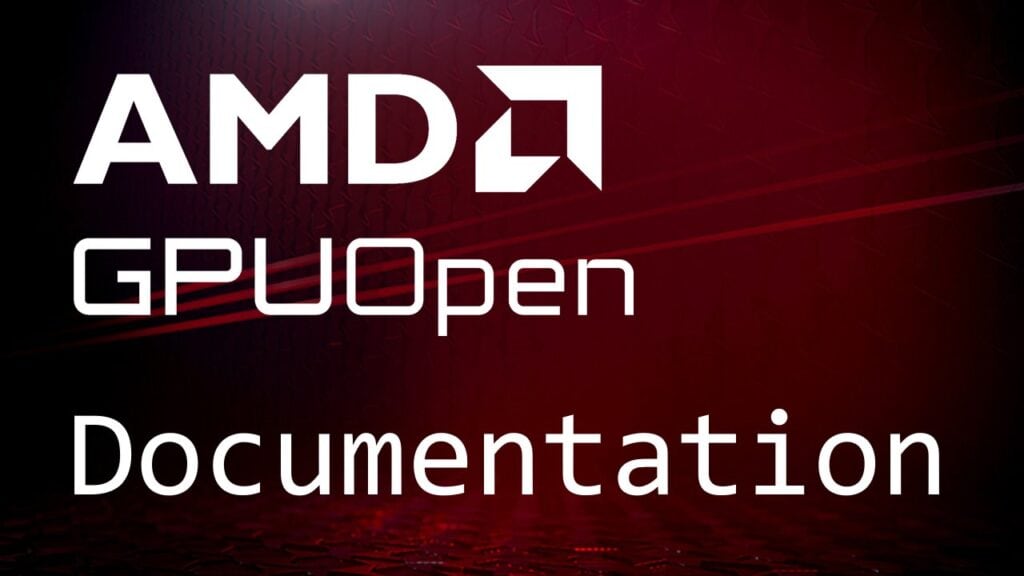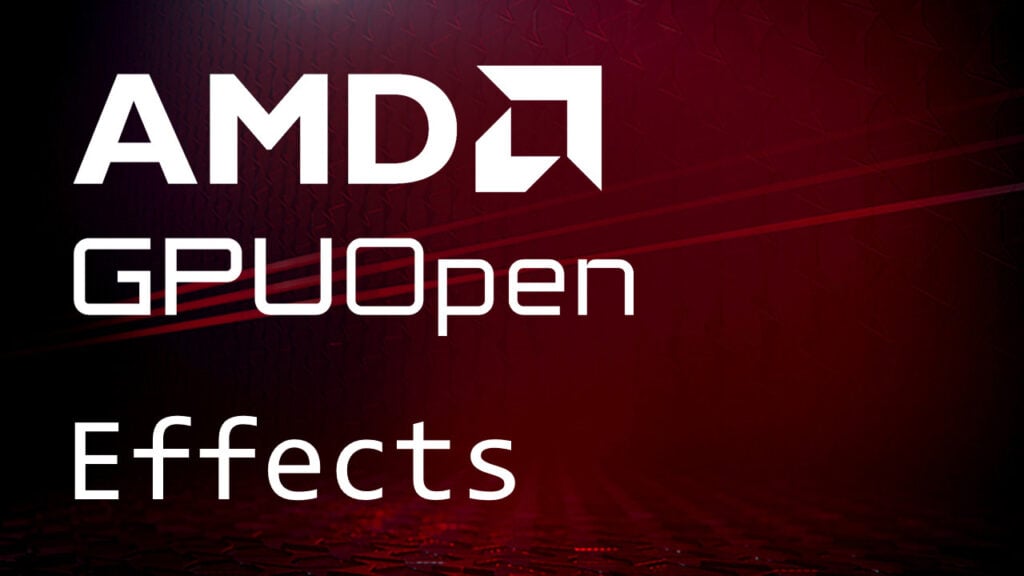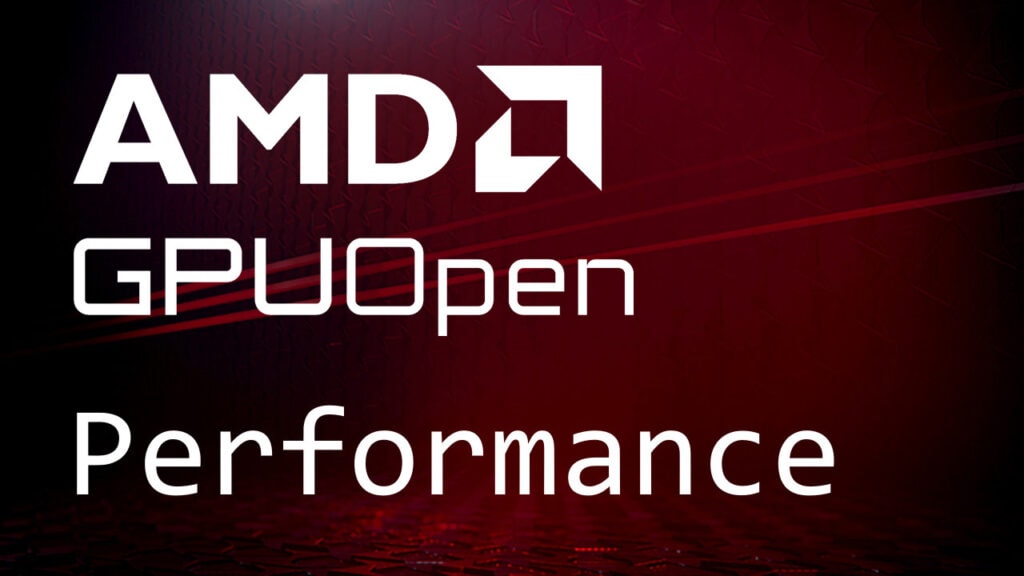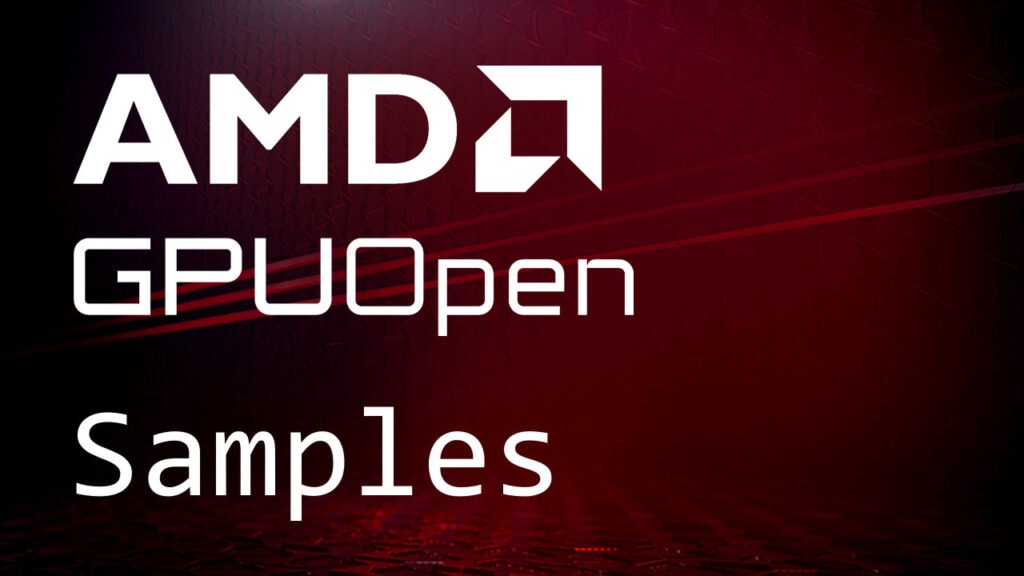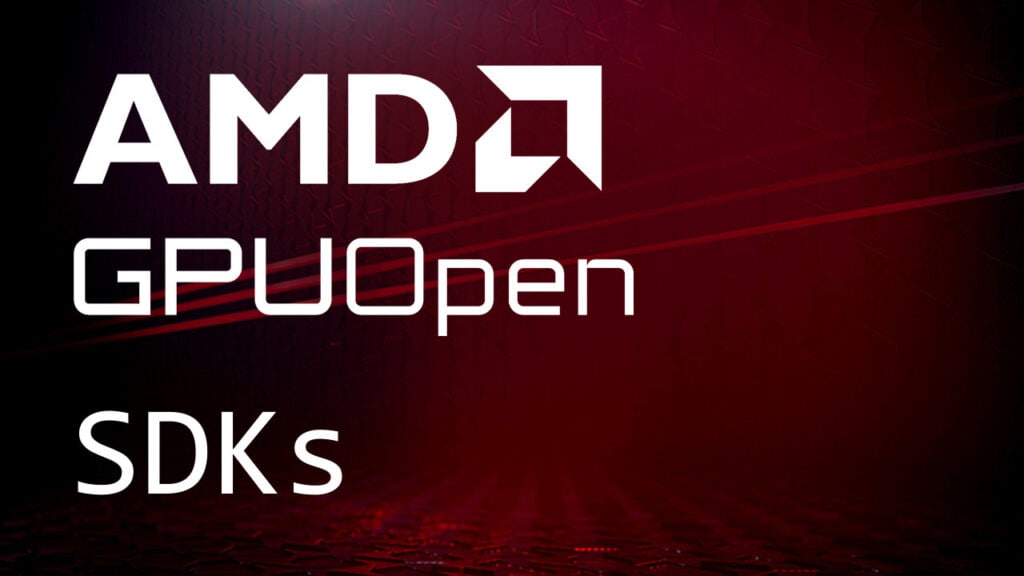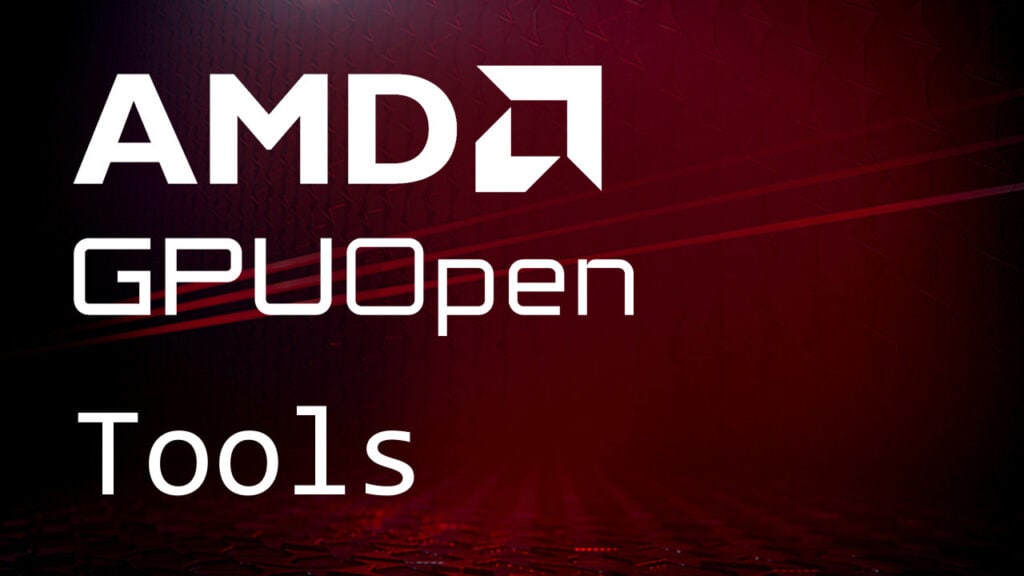Porting the PS4® game Detroit: Become Human to PC presented some interesting challenges. We’re delighted to share this joint collaboration between engineers at Quantic Dream, and AMD on how these challenges were overcome.
- The first part discusses the decision to use Vulkan® and talks shader pipelines and descriptors.
- Part 2 looks at non-uniform resource indexing on PC and for AMD cards specifically.
- The final part discusses shader scalarization, async compute, multithreaded render lists, memory management using our Vulkan Memory Allocator (VMA), and much more.


